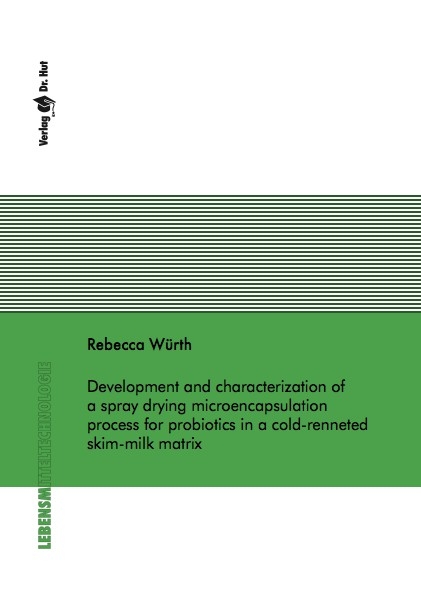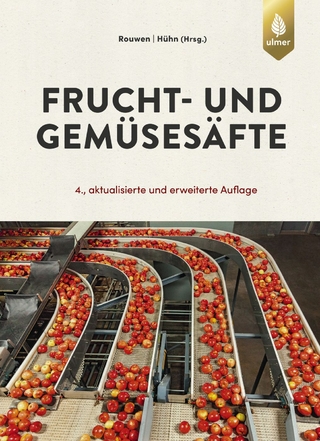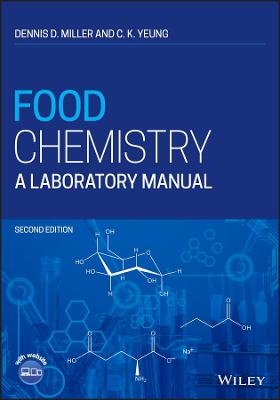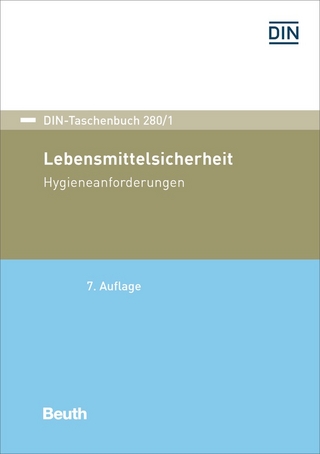
Development and characterization of a spray drying microencapsulation process for probiotics in a cold-renneted skim-milk matrix
Seiten
2018
Dr. Hut (Verlag)
978-3-8439-3880-8 (ISBN)
Dr. Hut (Verlag)
978-3-8439-3880-8 (ISBN)
- Keine Verlagsinformationen verfügbar
- Artikel merken
Frequently, sensitive ingredients, such as probiotic bacteria, are enriched in different substances, to generate an effect, which is beneficial to one’s health. Microencapsulation is one possible strategy to improve this benefit and to maintain or even increase the activity of sensitive substances by creating a protecting barrier or shell. Besides the demand for healthy food, another requirement is the clean label on products, which in the dairy industry is met by milk protein based encapsulation materials. Although there is a high interest in encapsulation systems, which fulfill the consumer’s interests, the most studied techniques are only suitable on lab scale without any relevance for the food industry. Moreover, these capsule types are tested in storage and/or gastro-intestinal tests, without any investigation of the effects of the process parameters of the capsule manufacturing on the later product quality. However, this understanding actually forms the basis for a successful use in food applications. Therefore, the aim of this work was the development of a novel encapsulation process, which allows the production of water-insoluble milk protein microcapsules by spray drying of pre-renneted SMC, both on a lab- and industrial scale. The probiotic strain L. paracasei ssp. paracasei F19 was used as a representative substance for a sensitive core material.
The whole encapsulation process broadly consists of the three steps hydrolysis, capsule-preformation and final capsule formation, which were all investigated in this work. During the first step, the hydrolysis, skim milk concentrate is incubated at low temperatures (in this case 4 °C for 1 h). The enzyme rennet (chymosin) cleaves the -casein and the casein micelles turn hydrophobic. At low temperatures hydrophobic interactions are too weak to induce aggregation. The temperature-triggered gelation of the rennet-treated SMC, containing the core material, is induced by spray drying. After the spray drying procedure a powder, called CP, is obtained. CP can be transformed into hydrogel capsules by a subsequent warm rehydration step.
The whole encapsulation process broadly consists of the three steps hydrolysis, capsule-preformation and final capsule formation, which were all investigated in this work. During the first step, the hydrolysis, skim milk concentrate is incubated at low temperatures (in this case 4 °C for 1 h). The enzyme rennet (chymosin) cleaves the -casein and the casein micelles turn hydrophobic. At low temperatures hydrophobic interactions are too weak to induce aggregation. The temperature-triggered gelation of the rennet-treated SMC, containing the core material, is induced by spray drying. After the spray drying procedure a powder, called CP, is obtained. CP can be transformed into hydrogel capsules by a subsequent warm rehydration step.
| Erscheinungsdatum | 04.01.2019 |
|---|---|
| Reihe/Serie | Lebensmitteltechnologie |
| Verlagsort | München |
| Sprache | englisch |
| Maße | 148 x 210 mm |
| Gewicht | 208 g |
| Themenwelt | Technik ► Lebensmitteltechnologie |
| Schlagworte | microencapsulation • milk proteins • Spray Drying |
| ISBN-10 | 3-8439-3880-6 / 3843938806 |
| ISBN-13 | 978-3-8439-3880-8 / 9783843938808 |
| Zustand | Neuware |
| Haben Sie eine Frage zum Produkt? |
Mehr entdecken
aus dem Bereich
aus dem Bereich
Technologie, Chemie, Mikrobiologie, Analytik, Bedeutung, Recht
Buch | Hardcover (2023)
Verlag Eugen Ulmer
140,00 €


